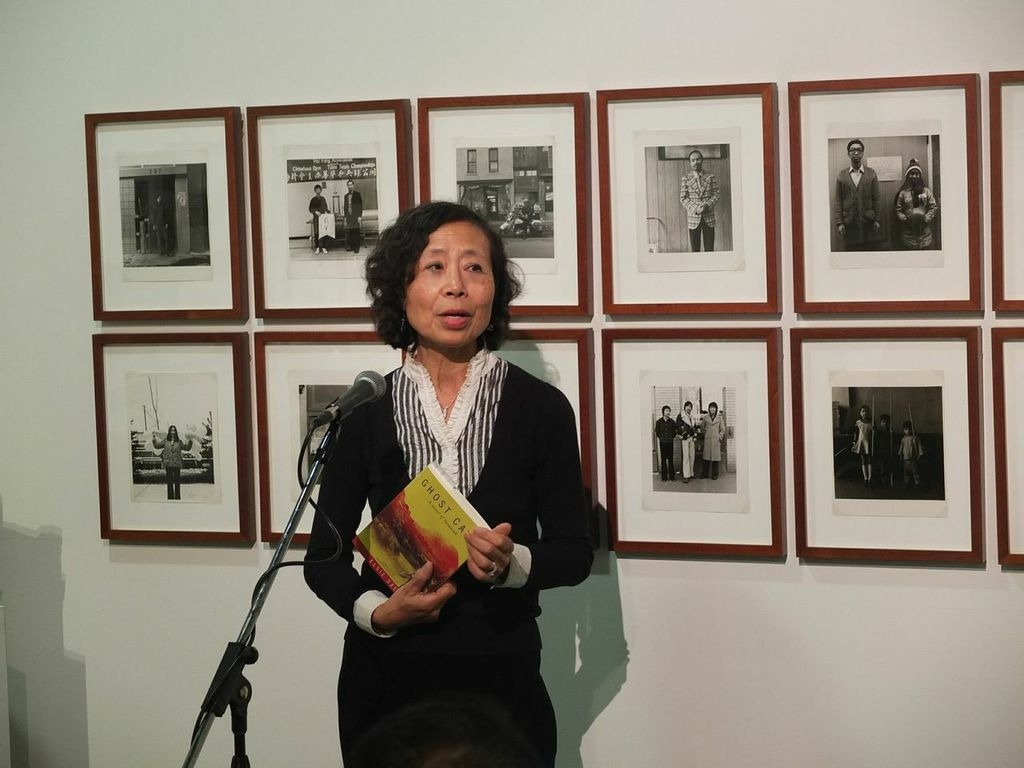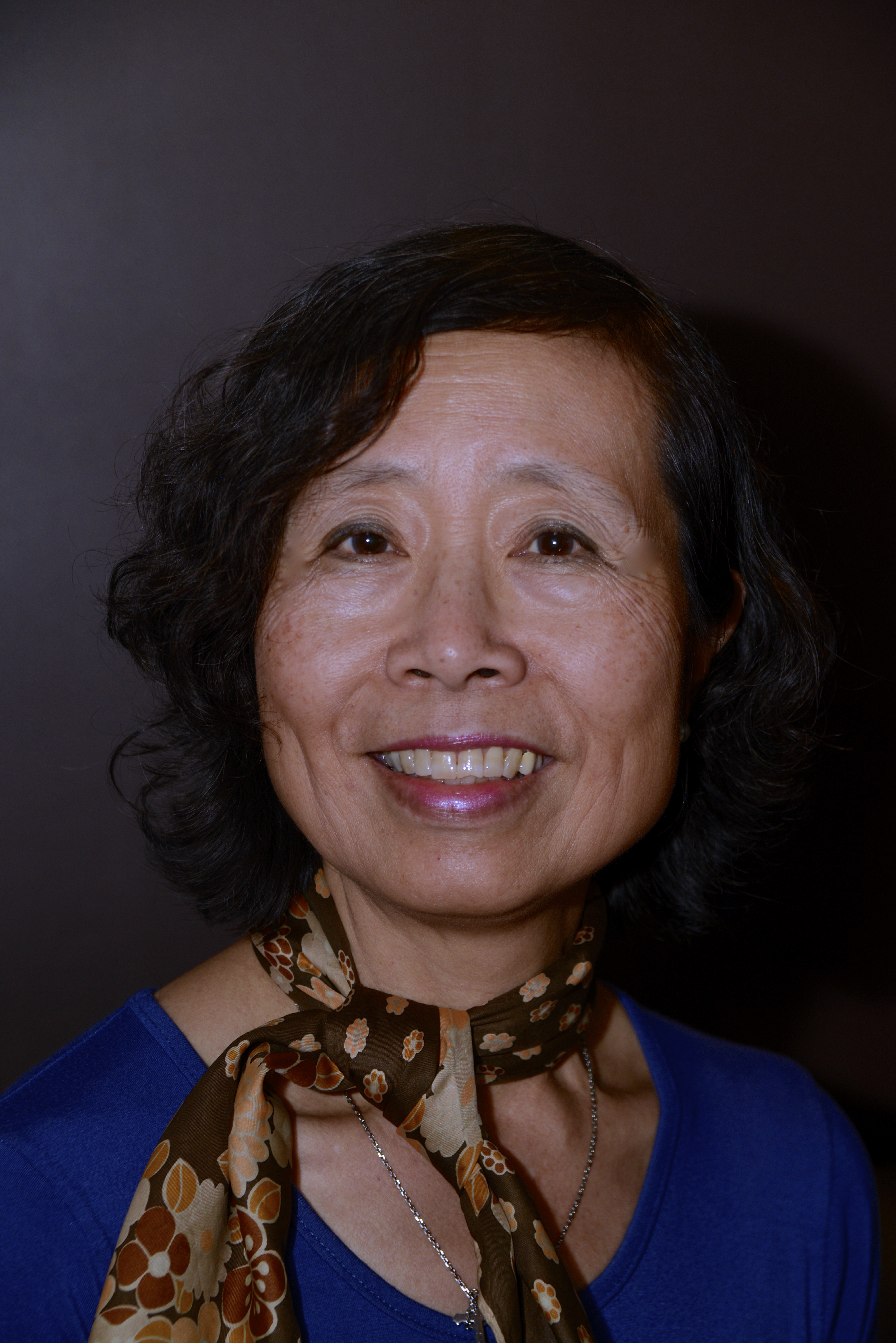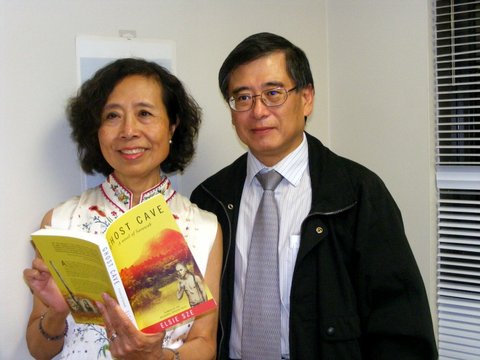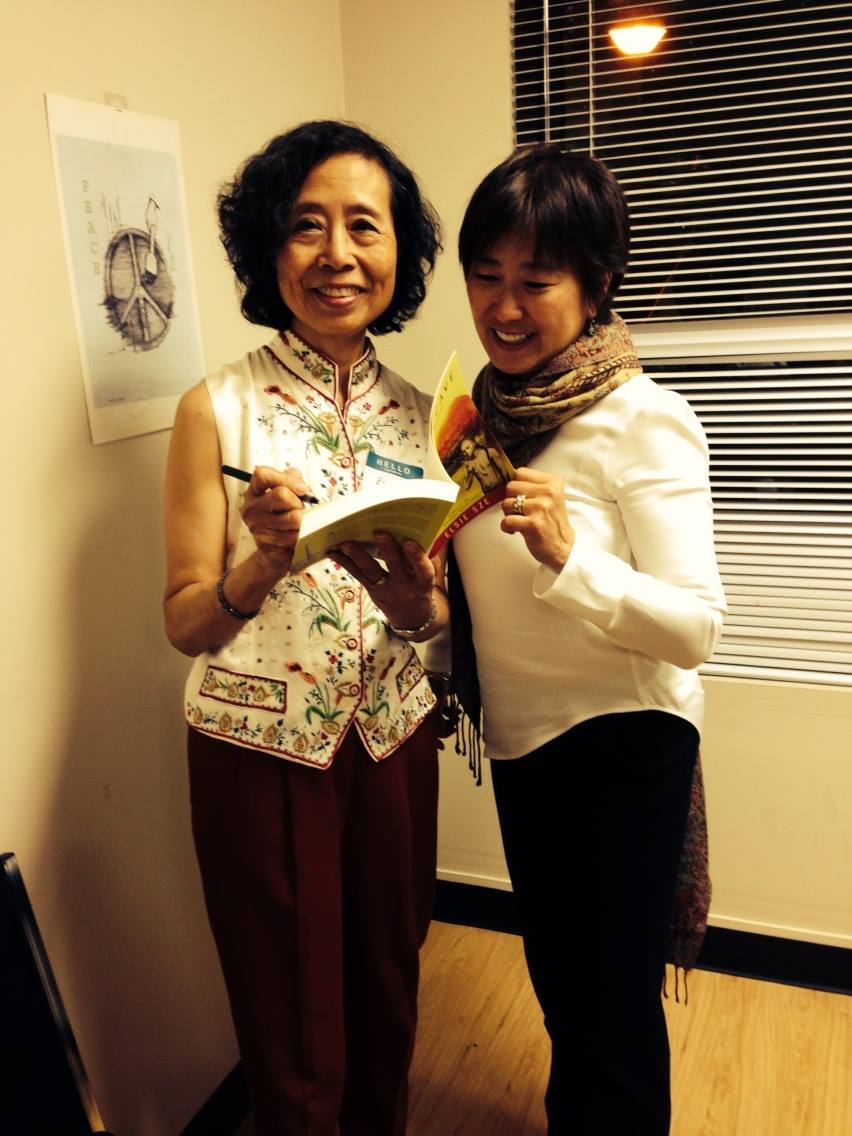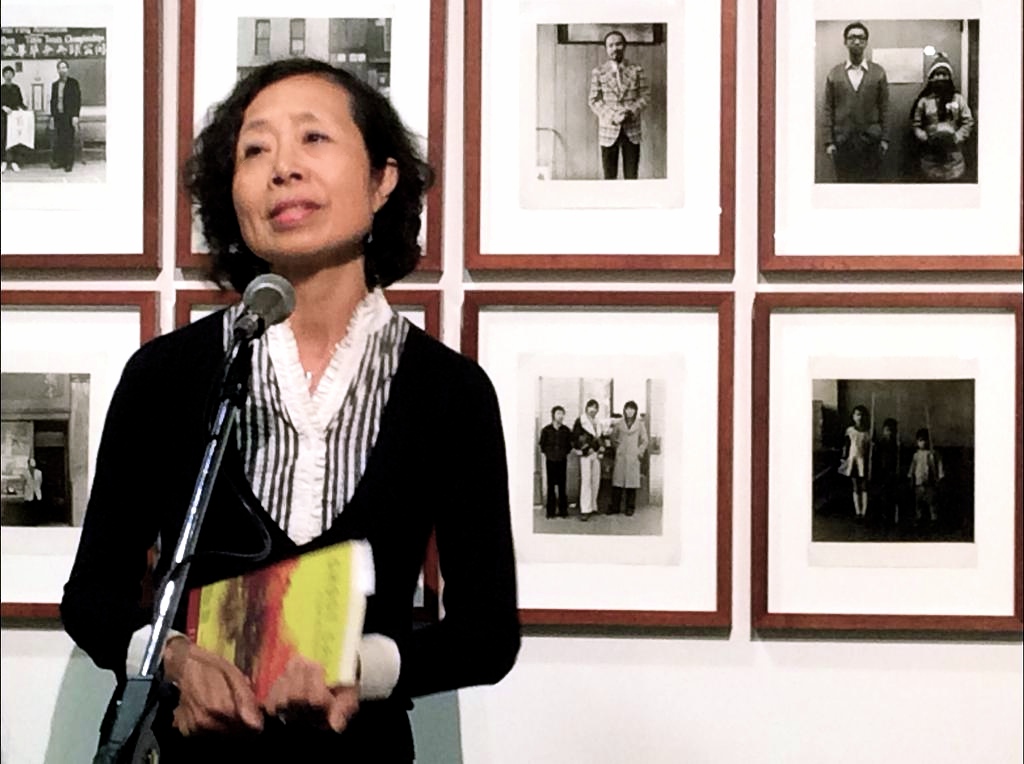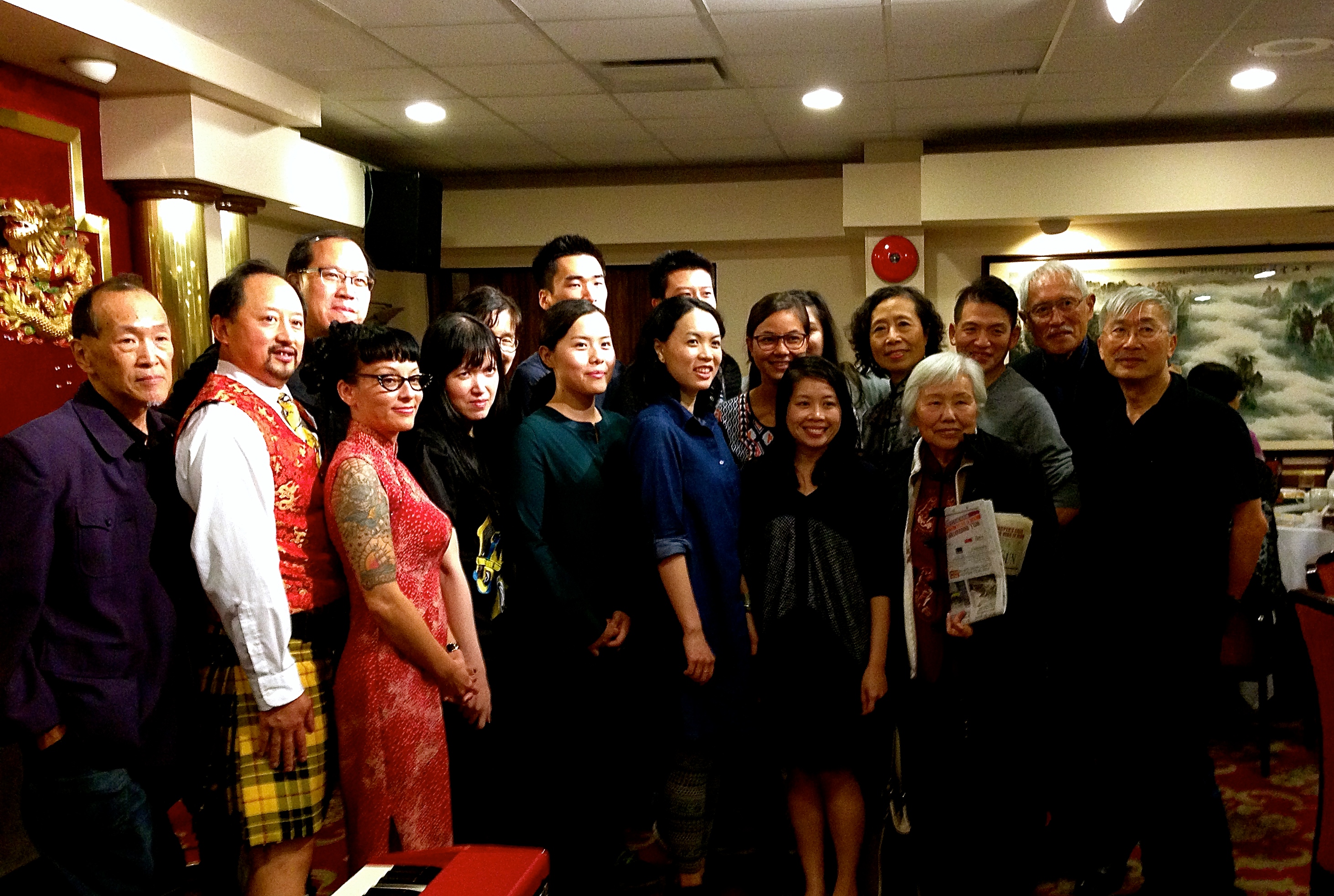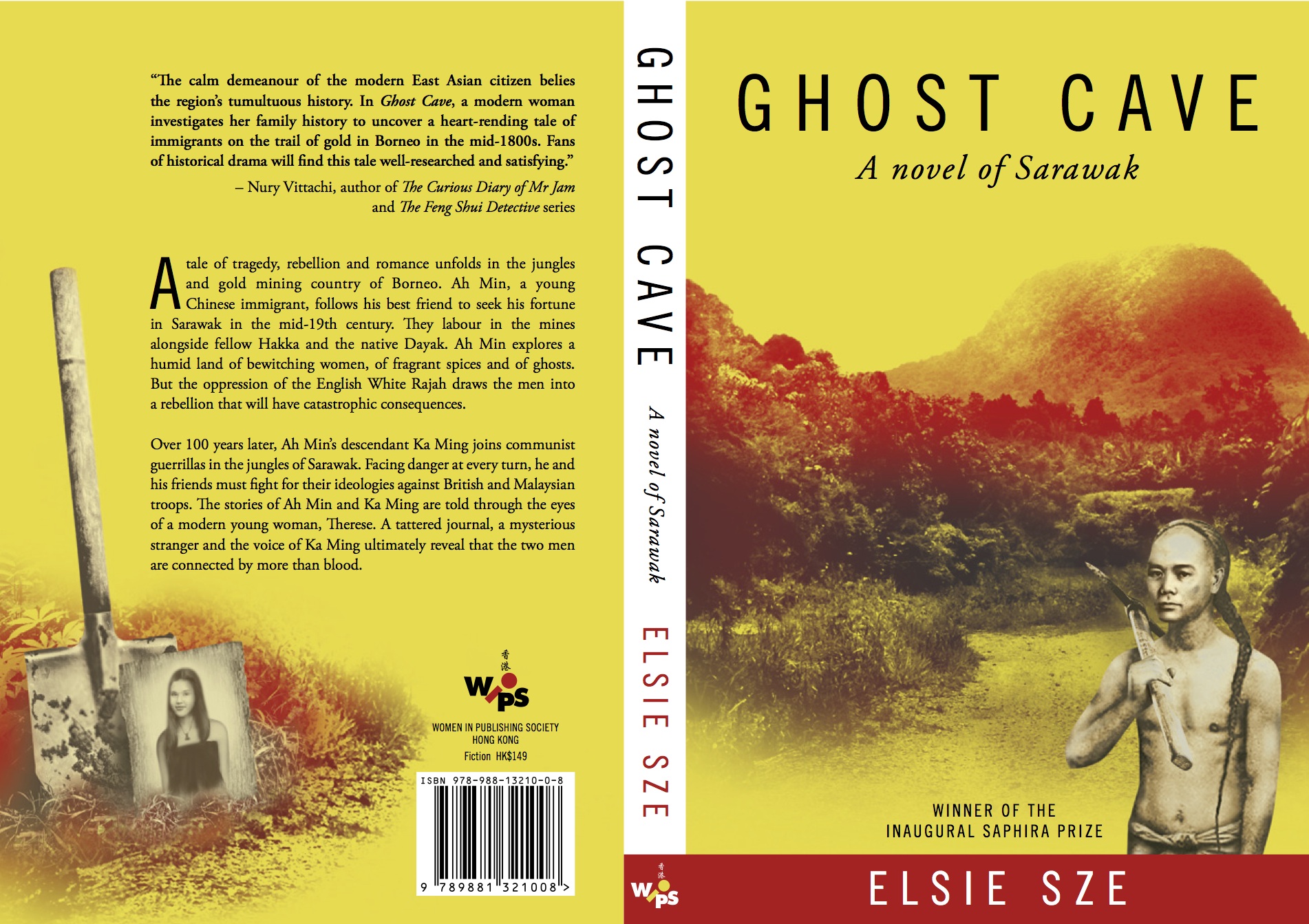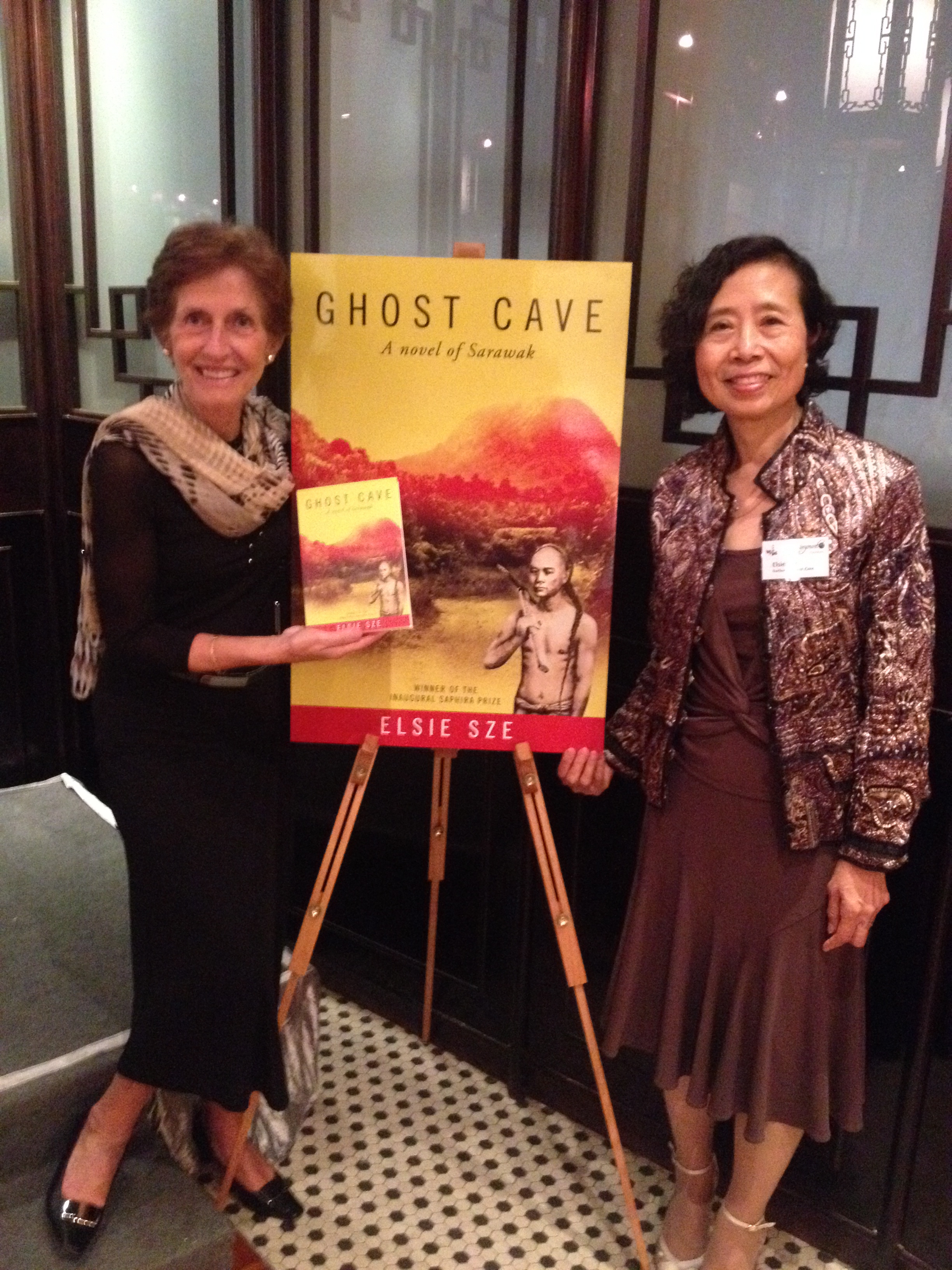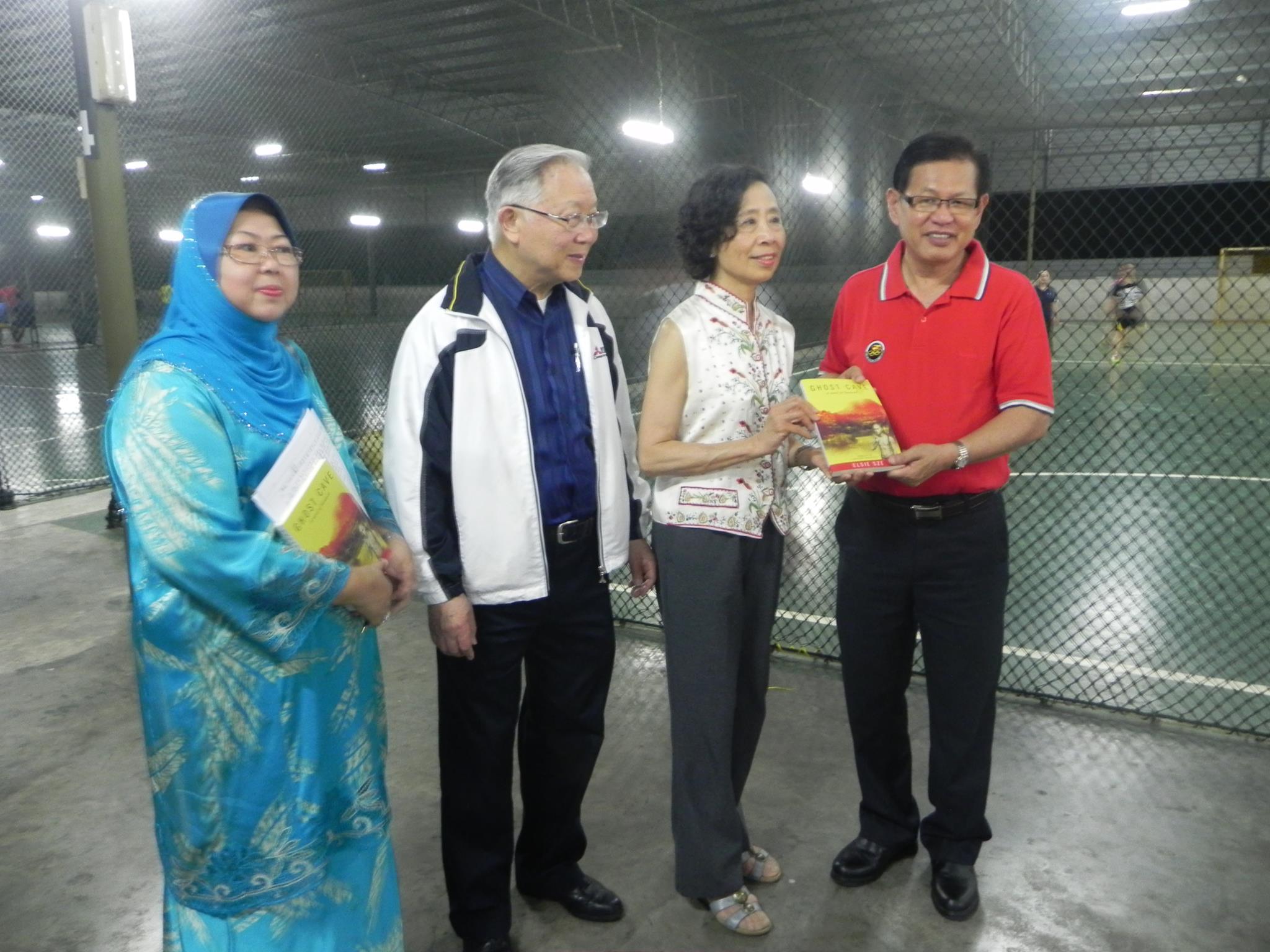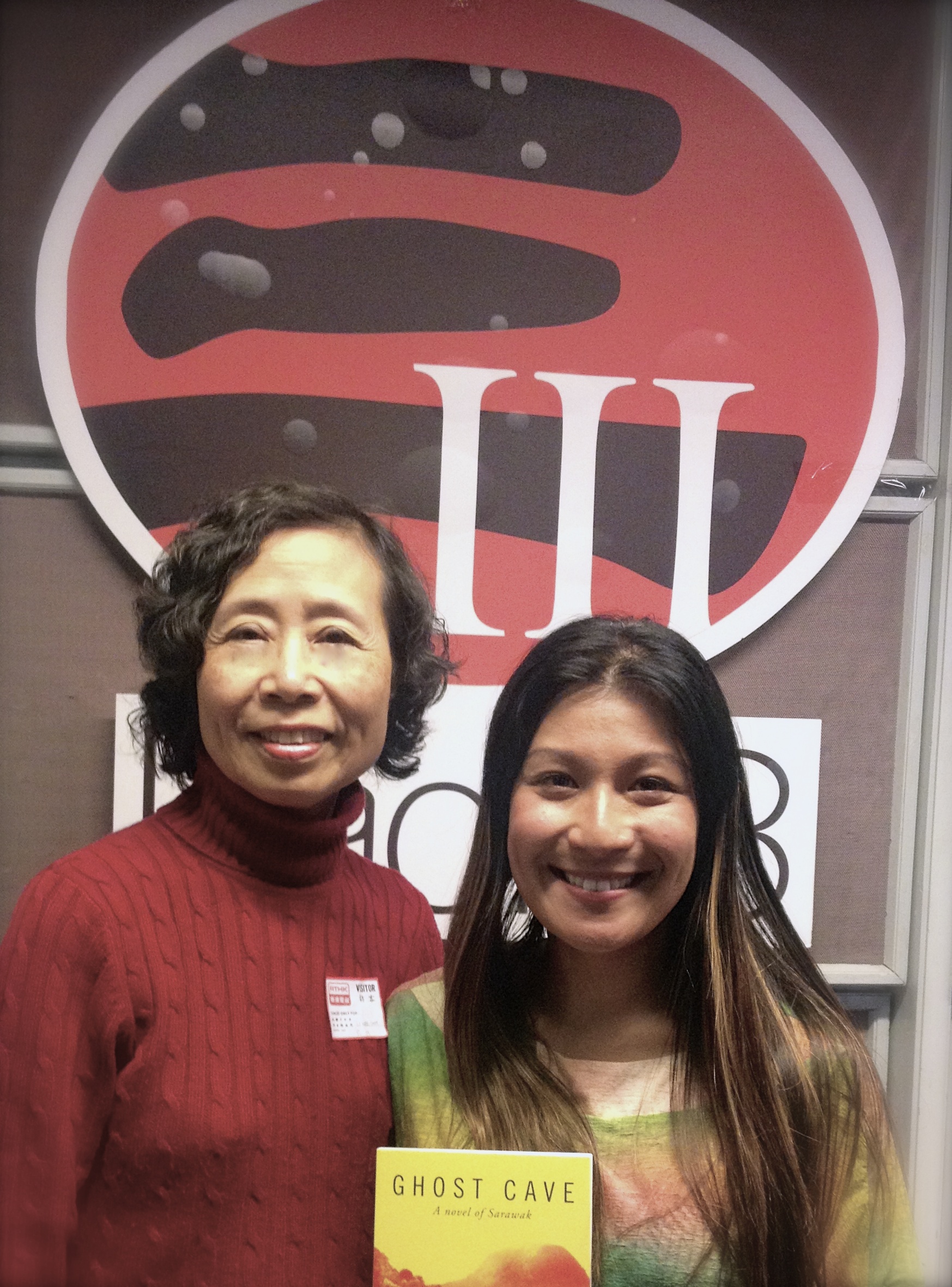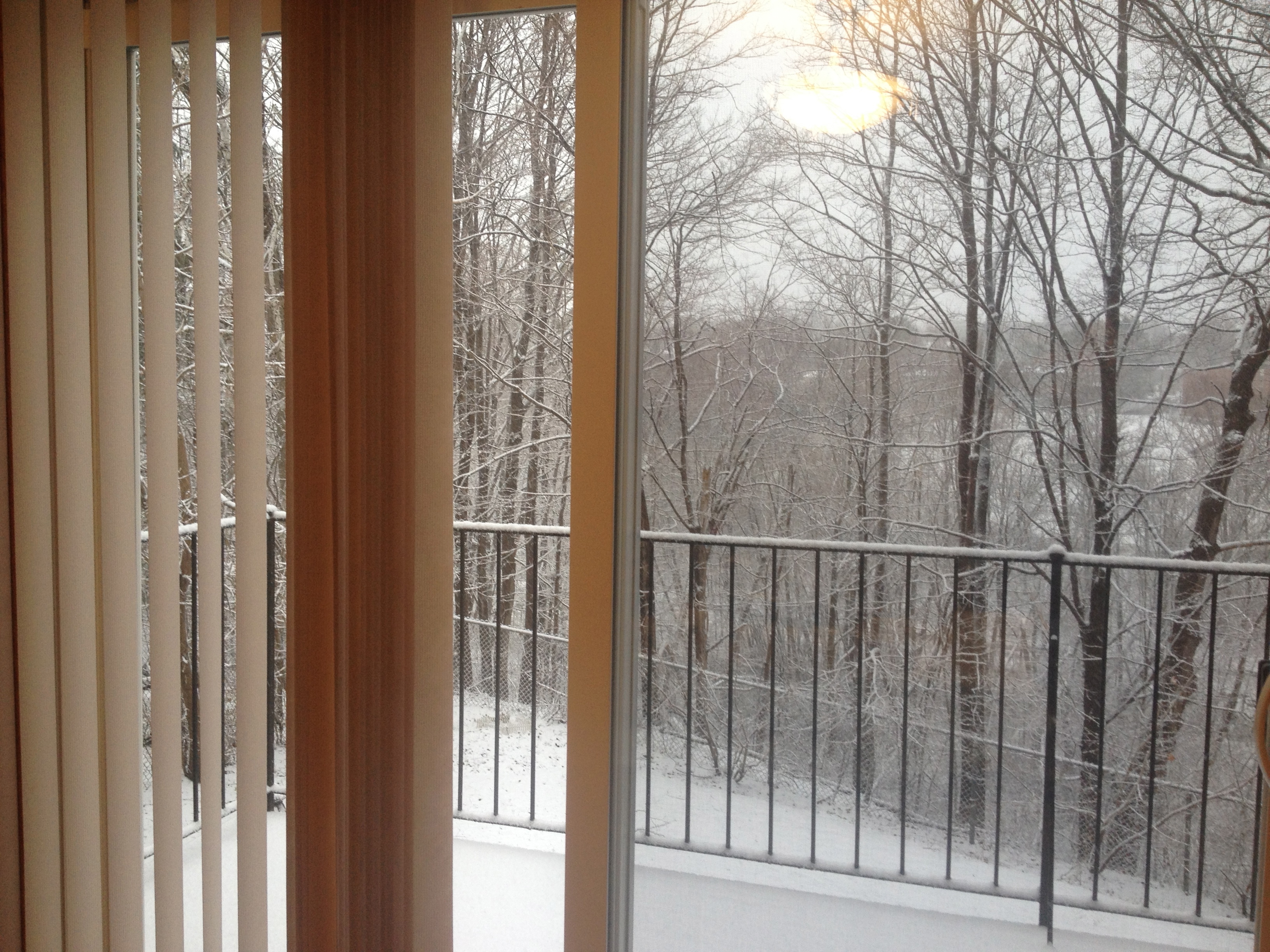Reminiscing the Summer of '62
 Thursday, December 10, 2015 at 02:52AM
Thursday, December 10, 2015 at 02:52AM On the cruise with Mike from Hong Kong to Singapore in November, 2015, I reminisced the sea journey I took with my father and mother and brother Tony across the South China Sea to Sarawak in the summer of 1962...
The big circular window of our stateroom (cruise ship cabin) frames the view of the grey murky fast moving water capped with scattered white billows like flitting ghosts cut out of sheets at Halloween time. The slight curve of the horizon where the sea meets the grey, hazy sky strongly hints that what I see is part of a perfect arc of a circle, the grand circumference of Planet Earth. Wonder if Columbus first conceived his revolutionary theory that the earth was round from this same observation of the horizon. This part of the South China Sea I first traversed fifty-three years ago, the summer of 1962, on board the HMS Helios, a Norwegian cargo ship that also accommodated a handful of passengers on every voyage, from Hong Kong to Kuching, the capital city of Sarawak.
I was sixteen and traveling out of Hong Kong for the first time. It was also the first time my mother, nine-year-old brother Tony and I visited our father’s home in Sarawak. My parents had a first class cabin on the upper passenger deck, compliment of an uncle from Kuching who was in the shipping business. Tony and I were assigned a room on Deck 3 below, where third class passengers were accommodated. We did not mind being third class citizens. To me the whole journey was an adventure, regardless of the comfort level of our sleeping arrangement, and Tony was just too young to care where he slept or how congested the cabin was, as long as there were new things to see and experience. Third class passengers, all ethnic Chinese, were fed Cantonese food. I recall some of the recurring a la carte concoctions at lunch and dinner, rice stir-fried with chopped-up vegetables and fried eggs, chow-mien with strips of cabbage and meat, braised tofu and bok choi in oyster sauce, all heavily greased with oil that smelled of age and repeated use. There were usually sweet red or green bean soup for dessert, and tangerines or wedges of water melon. Tony loved all that food, except the citrus fruits. I disliked the smell of grease, but beggars could not be choosers.
Our stateroom on board the Celebrity Millenium has no complimentary upgrades, neither do we get any free perks, since this is the first time we travel by this cruise line. And we don’t care enough to pay extras, so we don’t get a room on one of the upper decks with a balcony, or complimentary ironing, or free Internet time, or any presumably irresistible discounts. I am not crazy about cruises; in fact I find traveling by cruise ship lacking in stimulation of my adventurous spirit and freedom for me to decide where I want to go, what I want to see, how long I want to stay at each port of call. And I am never a fan of casinos, more so ones on board. In lieu of walking the ten-mile trails along the lagoon close to home in California, I walk the treadmill for an hour a day in the ship’s gym, an acceptable though not ideal alternative activity. The meals are feasts, cuisines from around the world, sit-down lunches and dinners, dress code mostly smart casuals with occasional formals, and huge buffets that run into midnight. A lot of decadent excessiveness and sinful wastage. Never mind the assault on that poor digestive system. Indulge! It’s all you can eat!
Between wake and sleep and except for meal times when Tony and I had to return to our station below, we stayed on the deck outside our parents’ cabin. They had a nicer and bigger cabin, going out to an ocean view balcony on the deck that ran the length of the cabins. Sometimes Dad played card games and chess with Tony and me. Among the other passengers in first class, there was a tall, slim thirtyish English lady wearing wire-rimmed glasses, dressed with somewhat demure, good taste. She was an expatriate school teacher in Hong Kong on her summer vacation. There were a middle-aged Chinese lady and her teenage son around my age heading for Sandakan in North Borneo (the other British colony on the island of Borneo), and two or three other English gentlemen traveling alone. They were supposed to dine every evening with the captain, a much anticipated event for most of the first class passengers but rather stressful for my parents as it meant dressing up every evening, having to make conversation with their fellow diners at the captain’s table, and be mindful of table etiquette. At least English, the language spoken at the table, was not a problem for Mom and Dad, having been educated in English throughout their school and university years even though it wasn’t their mother tongue. After the first couple of days, Mom was feeling sea-sick, and spent most of the time in bed and consequently had to miss dinner at the captain’s table. In the end, she moved down to sleep in our cabin, switching place with Tony who was happy to sleep in the cabin above with a view of the sea. The kindly Chinese cook on third deck made congee for Mom as congee was soothing for her upset stomach.
The English school teacher and one of the ship’s officers in a smart white uniform, a good-looking thirtyish blond fellow presumably Norwegian, but perhaps English, started meeting a lot on the balcony outside her cabin which was adjoining my parents’. They chatted as they leaned against the rail in the first two or three days like casual new acquaintances, then as the week wore on began talking with quiet familiarity. I couldn’t help shooting casual side glances in their direction as I sat on a lounge chair outside my parents’ cabin. Even though I couldn’t catch what they said, I could sense something was in the air from their emotive language. As our week’s sea journey was about to come to a close, they started conversing intently, apparently looking into each other’s eyes. At one point, I saw the officer holding the school teacher’s hand. A shipboard romance was blossoming.
The Chinese lady traveling with her teenage son to Sandakan began chatting with my parents. A feeling of camaraderie soon developed, due to their common ethnicity and dialect, Cantonese, besides the fact that they were the only Chinese passengers in first class. I cultivated an interest in the lady’s son to ward off my boredom after the first couple of days, in spite of his giving me the silent treatment the entire journey. He was a lean and tall fellow with ordinary good looks but nothing outstanding or impressive. We were never introduced, and were too shy to say hello to each other on our own. He looked bored too whenever I saw him on deck outside the cabin he shared with his mother. I never learnt his name. Perhaps his reserve and aloofness put him in an aura of mystique. My first teenage crush.
Time does not change the condition of the sea. I am looking at the same dull blue-green water, the same billows, only the porpoises I saw on the first trip leaping out of the water and diving immediately back in are not there. Perhaps I’ll see them tomorrow when we get close to land. Time has changed the circumstance of my voyage. I am on a cruise with husband Michael, sharing the table every meal with a group of friends we have only known a short time ago. My father died a year ago at ninety-seven. My mother who lives in Edmonton, Canada with my youngest sibling Judith and her family is ninety-three and suffering from dementia. Tony at sixty-two is a practicing dentist in Ottawa. And I will be seventy next year, a mother of three grown sons and four young grandchildren.
In the intervening years between my first sea journey on the HMS Helios the summer of 1962 and now on the Celebrity Millenium, a lifetime has elapsed. Little did I know when I went with my parents on that first journey to Sarawak in ‘62 that I was not to return there until forty-four years later, in 2006. A very long absence indeed from relations whose blood line and surname I have shared all my life. I cannot think of an excuse for the long absence, only regrets, and the need to make up for the lost years when our relationship with my father’s side of the family in Sarawak was no more than the Christmas card and occasional letter sent every year. The lack of communication with them was to a great extent circumstantial, especially after my parents’ migration with us, their children, from Hong Kong to Canada in the late 1960s. Father is now gone. I have assumed the role of reconnecting with our family in Sarawak. I have made four more visits there since 2006, and making my way there as I write, the sixth time in the last nine years.
A year and a half ago, soon after the release of my book Ghost Cave: a novel of Sarawak, I walked down the street of Buso, my father’s birthplace and home village, a copy of my published book in hand. Never did I think for a moment when I was sixteen and visiting Buso the first time that I would some day write a novel about Sarawak, a novel published to literary acclaim as winner of a literary prize, a novel dedicated to my father and the family he left behind when he went to Hong Kong as a young man for a higher education, a novel that has helped reconnect me with my relations in Sarawak.
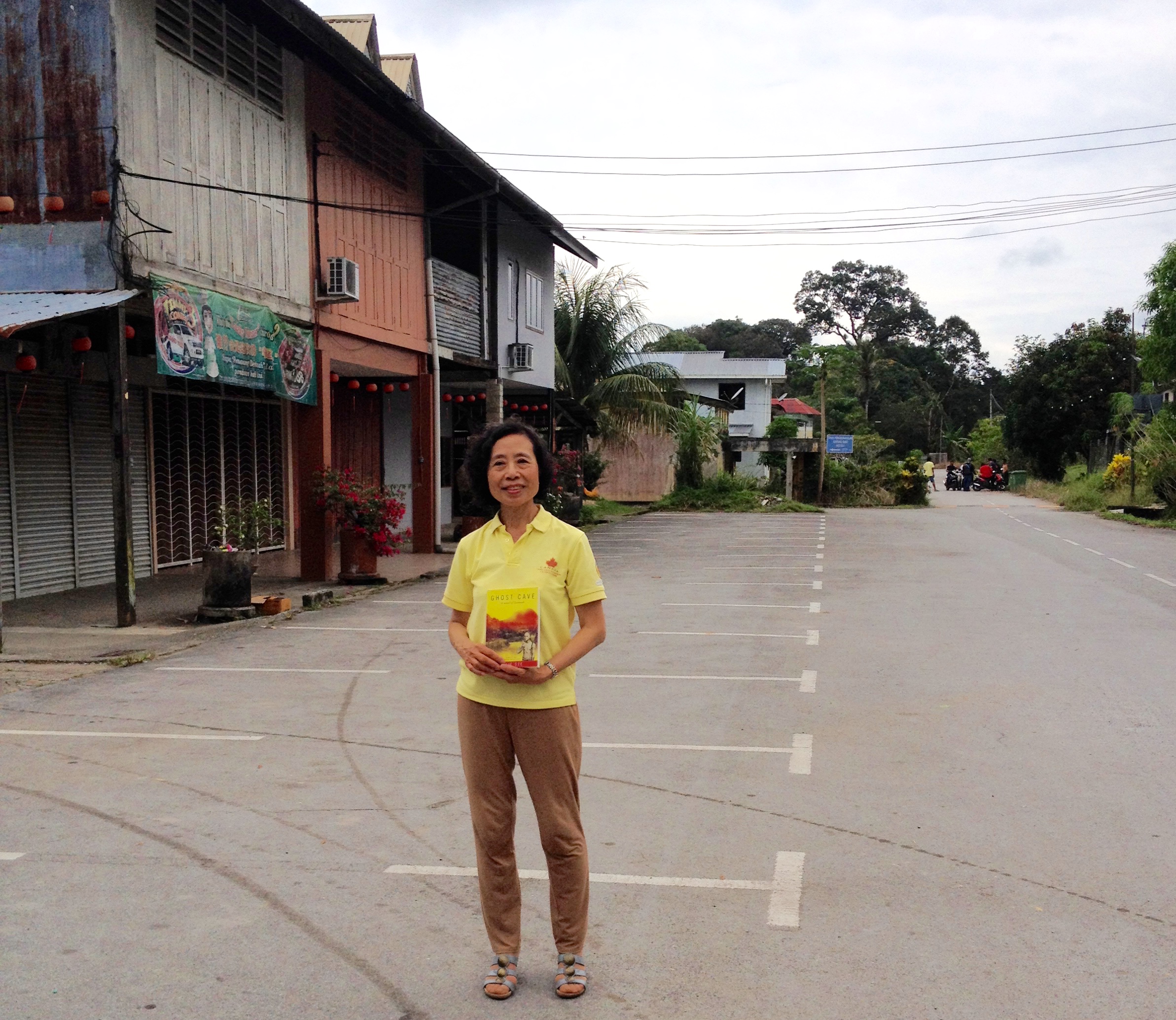 On the street of Buso, Sarawak, holding my book Ghost Cave: a novel of Sarawak
On the street of Buso, Sarawak, holding my book Ghost Cave: a novel of Sarawak
This present journey across the South China Sea is special for the memories it evokes. Just several days ago on the Celebrity Millenium, I thought to myself: “If only for a day on this sea journey, I could go back to 1962 and be on board the Helios with my father and mother, and nine-year-old Tony.” Then, something happened to me last night as the cruise ship sailed from Ho Chi Minh City towards Singapore. In a dream, I was standing alone when someone came up to me. I turned and to my surprise it was my father. He was his younger self. He might have a suitcase at his feet, but I am not sure. I was very happy to see him, and gave him a hug, perhaps even a kiss on his cheek. Then the dream was over. The image is so vivid in my mind. I feel a special closeness to my father and I miss him more than ever. I believe he is with me on this voyage across the South China Sea just as he was fifty-three years ago in 1962, when he took me and my mother and brother Tony to Sarawak for the first time.
I stare at the murky water and wonder if the English school teacher on that voyage in 1962 remained an old maid all her life, or if her shipboard romance with the handsome blond officer blossomed into a deeper commitment.
I wonder how life has turned out for the Chinese boy who went with his mother on that sea journey to Sandakan. He would be about seventy by now.
I miss seeing porpoises leaping out of the water alongside our cruise ship, as they did along the HMS Helios in 1962.
But one thing I have no doubt about on this voyage: I am sailing across the South China Sea with my father, accompanying him home.
 Elsie |
Elsie |  Post a Comment |
Post a Comment | 